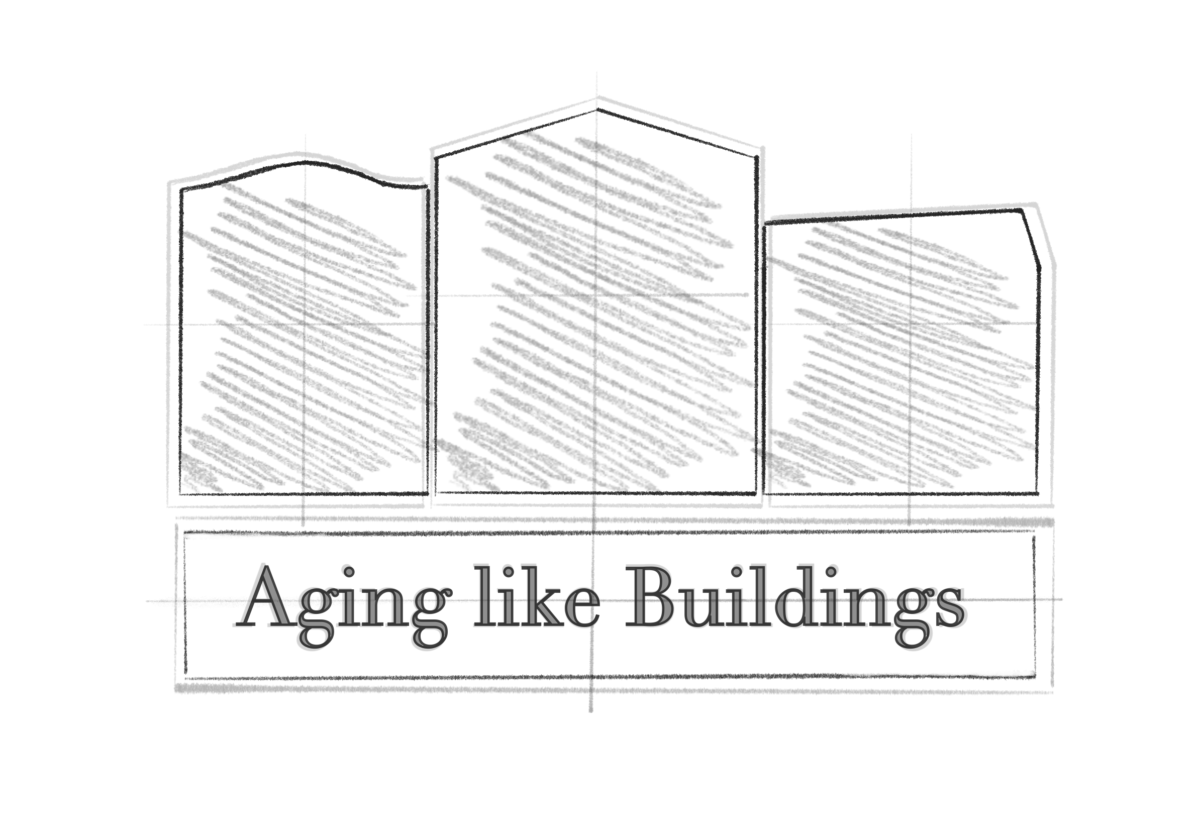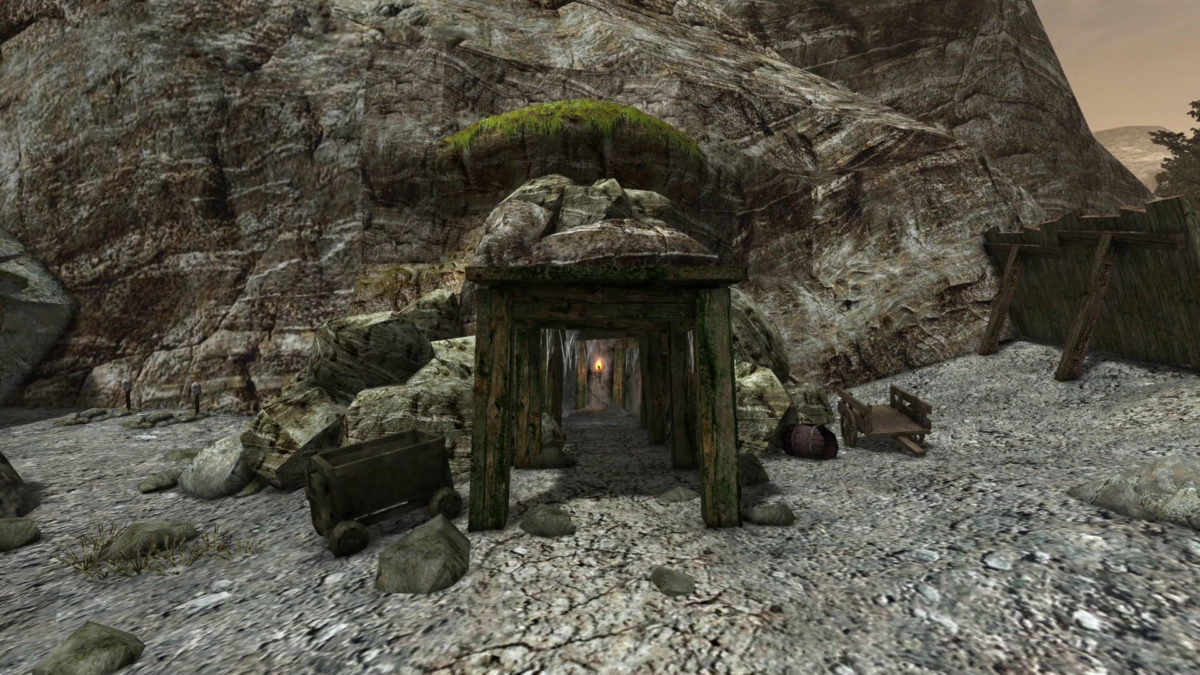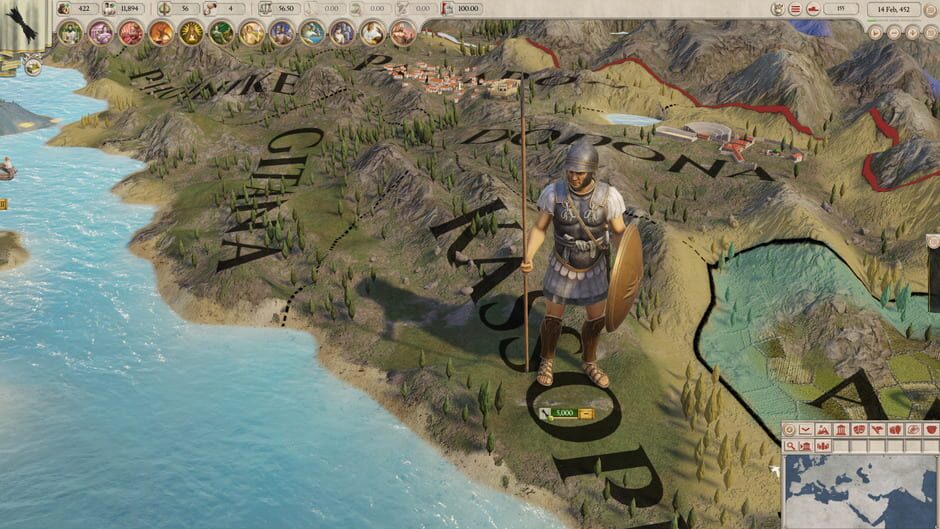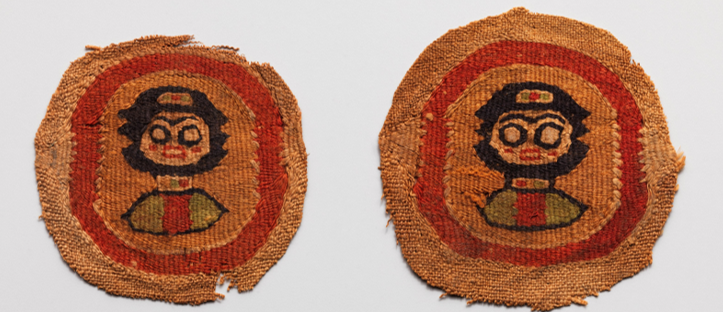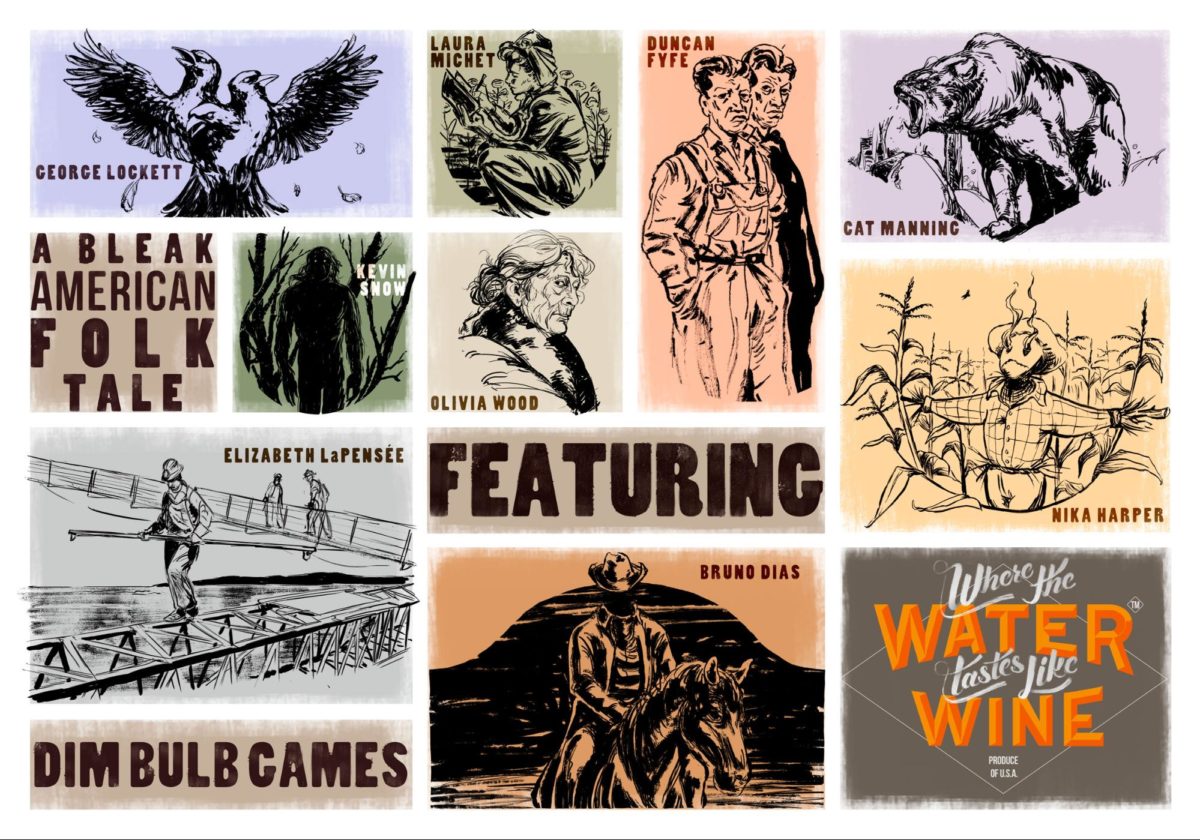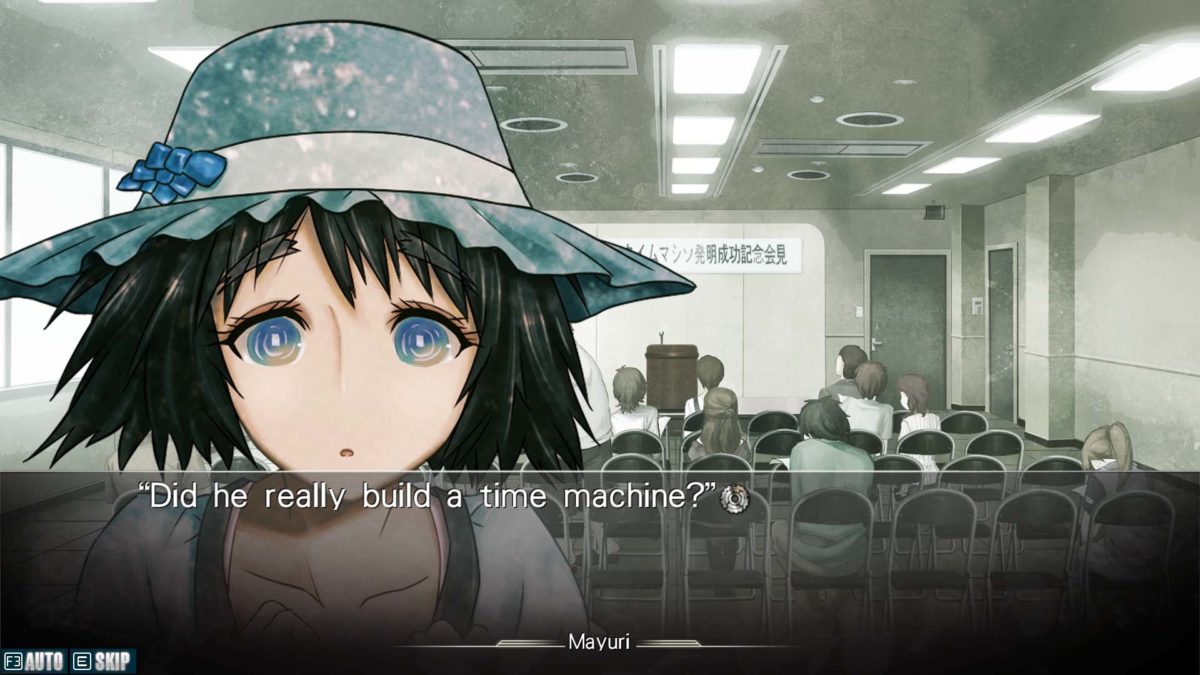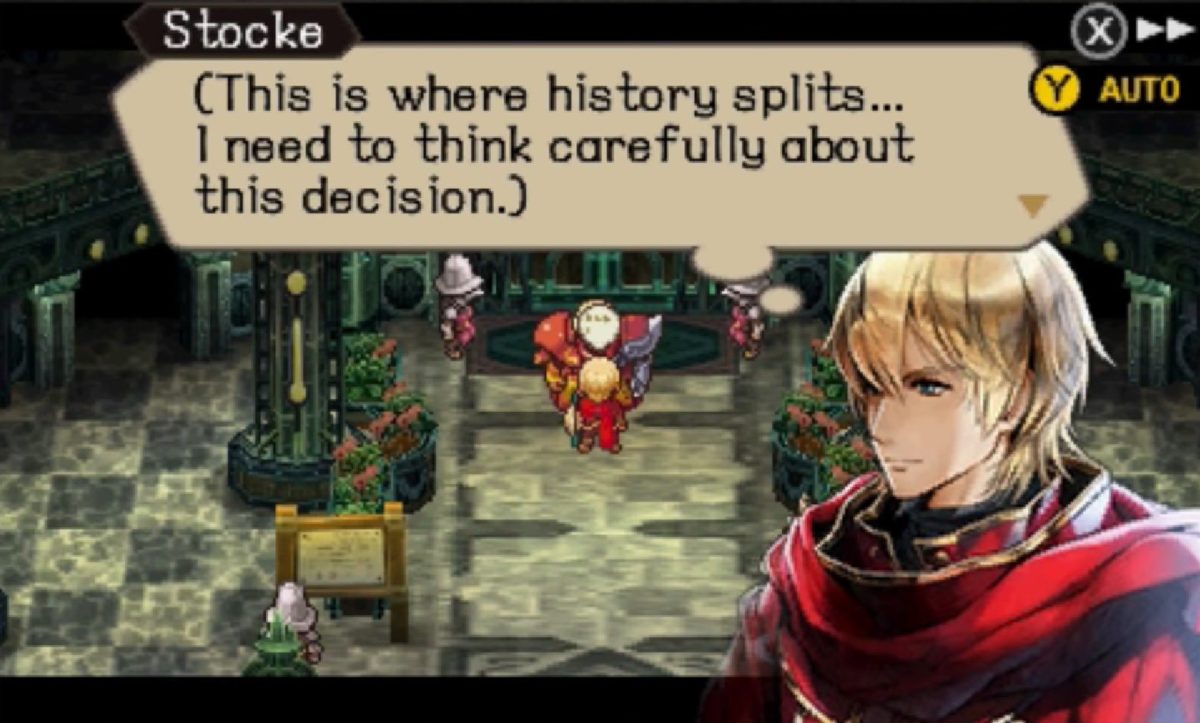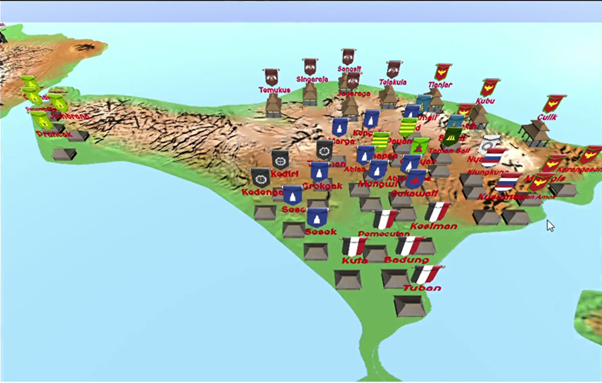Earlier this year, HGN were very fortunate to work alongside several other partners, including historian Dr Chris Kempshall, the University of Glasgow Games and Gaming Lab, and sponsored by World of Tanks to co-host the Imperial War Museum’s War Games Jam. The War Games Jam asked participating teams to create an innovative war video game […]
